Pedro Pascal is everywhere.
In 2025 alone, Chile’s finest leading man will star in no fewer than three movies: Ari Aster’s COVID Western Eddington, Celine Song’s romantic drama Materialists, and the long-awaited Fantastic Four, courtesy of Marvel Studios. And, of course, there was the second season of The Last of Us, plus the promise of more time as the Mandalorian in future Star Wars projects.
A decade ago, Pascal was a bit-part actor best known for a spectacular death on Game of Thrones. Now, he’s arguably one of the biggest celebrities on the planet. Pascal has made great use of his bolstered stardom, collecting roles in major franchises like Thanos with the infinity stones. Throughout it, he’s modelled himself into a fascinating leading man and proud sex symbol, and a thoroughly modern one at that.
In 2025, Pedro Pascal is the icon we need.
It’s not easy being the internet’s boyfriend. You become the object of intense lust from potentially millions of strangers, have your private life picked over like a buffet, and then are dumped in favor of a younger and hotter model once the trends change. Spare a thought for the fallen online beefcakes of the past.
It’d be inaccurate to describe Pascal as an unconventionally attractive man because he’s objectively extremely hot, but he did enter sex symbol status in a weirder way. He was in his forties when he came to prominence, having spent years in minor roles, being that guy you kinda recognized. He was ready for fame, free of growing pains, and he revelled in being a universally accepted hottie, whether it was through letting Oberyn Martell fans pretend to gouge his eyes out or embracing the hallowed title of “daddy.”
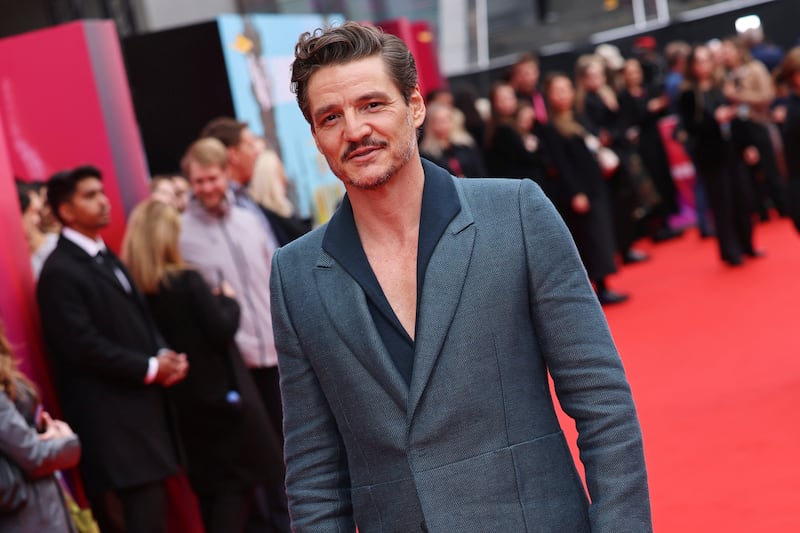
Ah yes, daddy. Has any leading man of our time more thoroughly embraced such a controversial and intensely sexualized moniker as Pascal? “Daddy is a state of mind,” he famously declared, before letting the world know, “I’m your daddy.”
Pascal has had a lot of fun playing around with this image. There’s a remarkable self-awareness and humor to his acceptance of daddy-dom, even when it means being lecherously hooted at in public. You don’t pretend to lick a rainbow pole in public without knowing exactly how the world is going to react and being a-okay with it.
But there is a kind of sweetness to it, even as we’re all screaming at Pedro to choke us. Modern fandom speak is a strange mixture of fetish, innocence, and humor. It’s chaste but filthy, a desire for a kind of roleplay but also a more earnest embrace of a positive older male role model who would probably give good advice and support you in your endeavors. As Joel in The Last of Us, Pascal is peak dad/daddy, both haunted but ferociously loyal, hot and protective. Younger actors just can’t compete. Sorry Glen Powell, but you know it’s true.
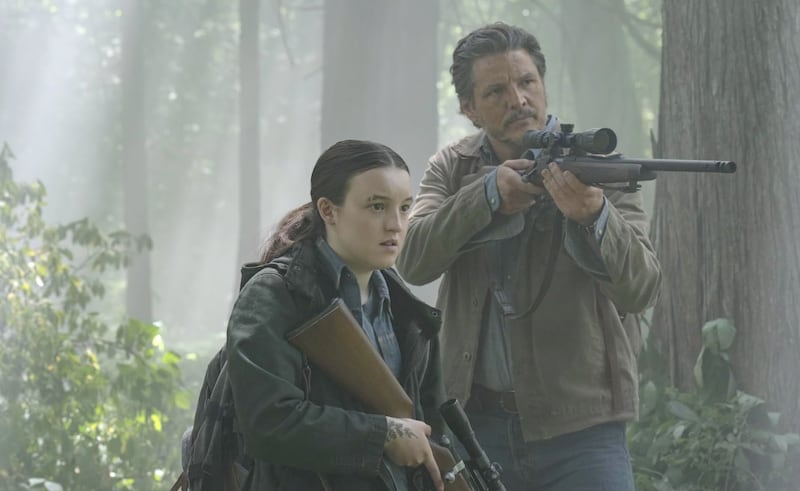
It’s hard to ignore how much modern culture has become dominated by a renewed fervor for toxic masculinity. The manosphere is at its most societally powerful, bolstered by outright creeps with live-streams like accused rapist Andrew Tate, and the industry is making bank pushing images of ultra-macho anti-feminists who reject the mere notion of empathy or body fat.
Tech bros lament the lack of masculine energy at their companies while scammers shill fake supplements plans in the name of being as strong as possible. It’s no coincidence that, as this unfolds, we also find ourselves in the midst of an era of intense queerphobia, particularly in regards to the trans community. And through it all, Hollywood has seemed to abandon diversity and inclusivity on-screen and off.
So, in that context, Pascal’s stardom feels all the more radical. He’s a middle-aged Latino immigrant who hangs out with drag queens, speaks out against the Trump administration’s policies, snuggles with Alexander Skarsgård in public, and dons drag on Saturday Night Live.
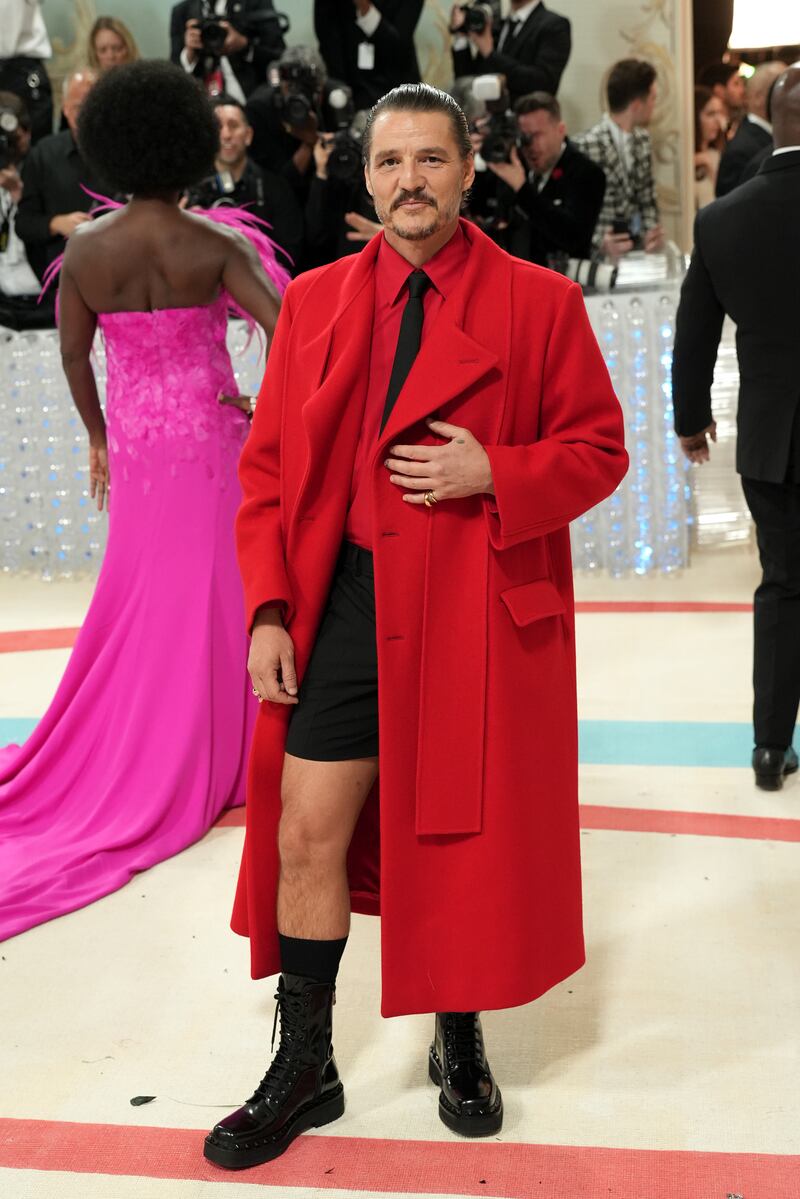
As many stars shirk questions on politics for fear of rocking the boat, Pascal wears “Protect the Dolls” t-shirts to Marvel premieres and decries J.K. Rowling’s transphobia as “heinous loser behavior” on social media. He’s his trans sister’s biggest cheerleader and defender, and he stands up for what he believes in, even if it means calling out his own co-stars, as happened with Gina Carano.
Nobody would blame him if he stayed silent like many of his contemporaries, but the fact that he doesn’t has made him even more beloved than he already was.
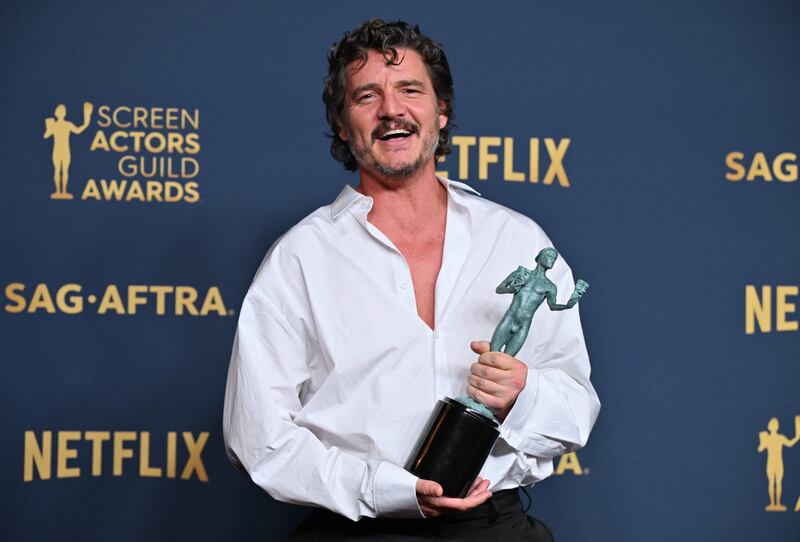
In a profile of Pascal for Esquire, The Last of Us showrunner Craig Mazin gave a succinct explanation for his leading man’s appeal to the tired and horny masses: “I think everybody either has fond memories of a positive father figure in their life or they have a terrible gaping space in their heart where a positive father figure ought to have been. Nostalgia or longing for let’s call it nontoxic masculinity. And he has that, but he also has this expressive pain behind his eyes.”
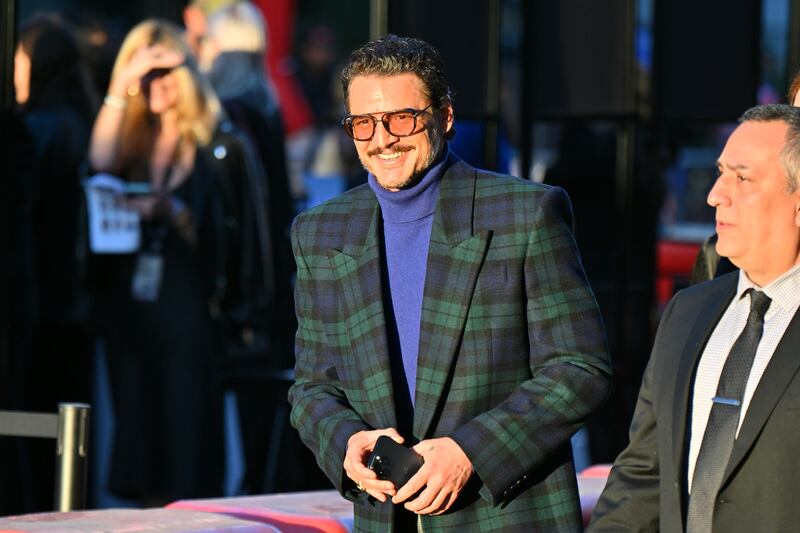
It’s true. There’s nothing about Pedro that screams “brute” or “toxic” or “all lives matter.” He isn’t complaining about there being too many women in Star Wars or questioning the efficacy of vaccines on some bro’s podcast. He has seized huge professional opportunities and done great work, without ever diluting his essence. He’ll wear those thigh-high boots and shout out trans rights while headlining a massive summer blockbuster.
Maybe we don’t all need another father figure in our lives but we could certainly use more A-Listers who actively push back against the rising tides of toxic masculinity. Respectfully, Pedro, give us more, daddy.









